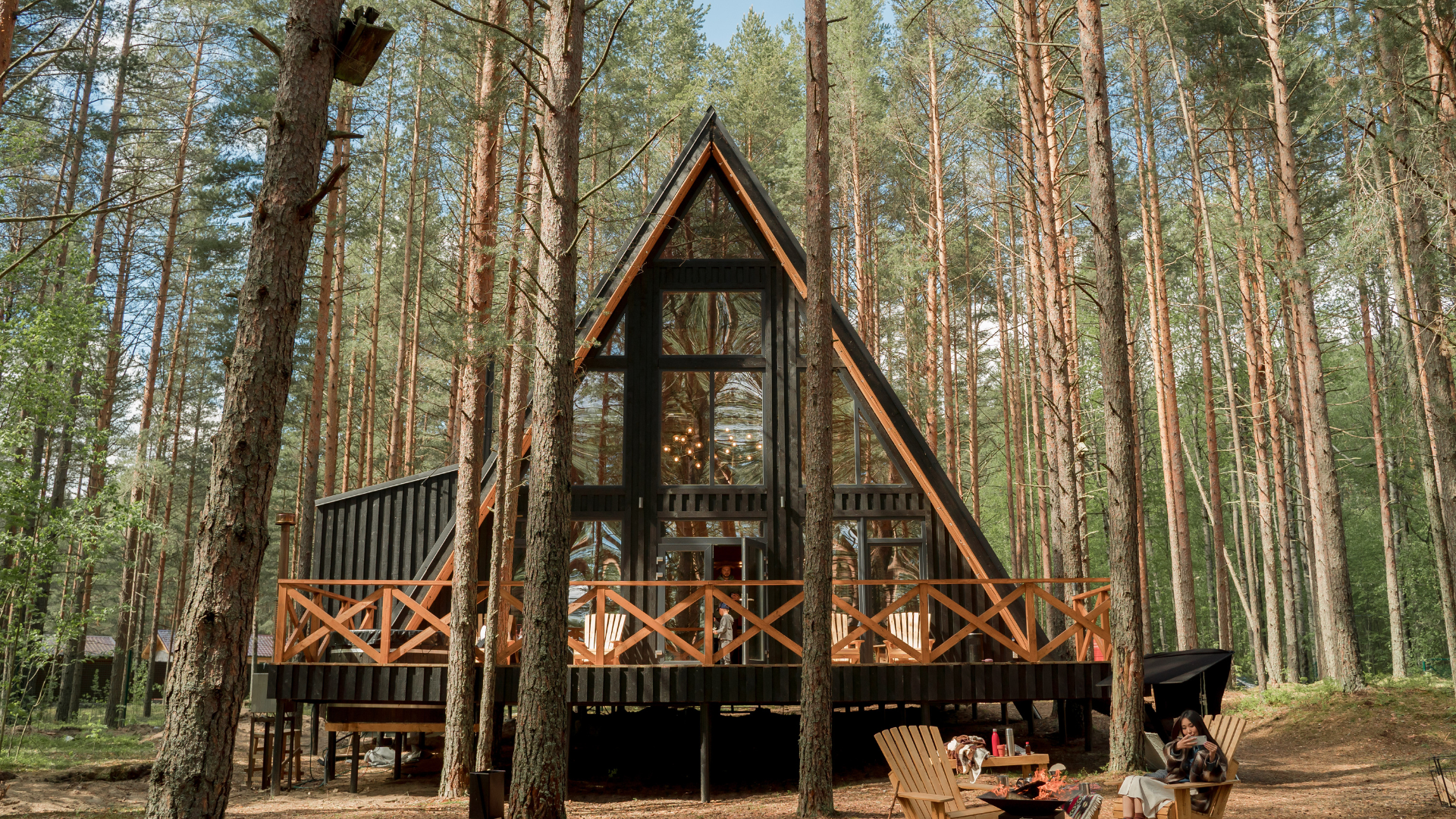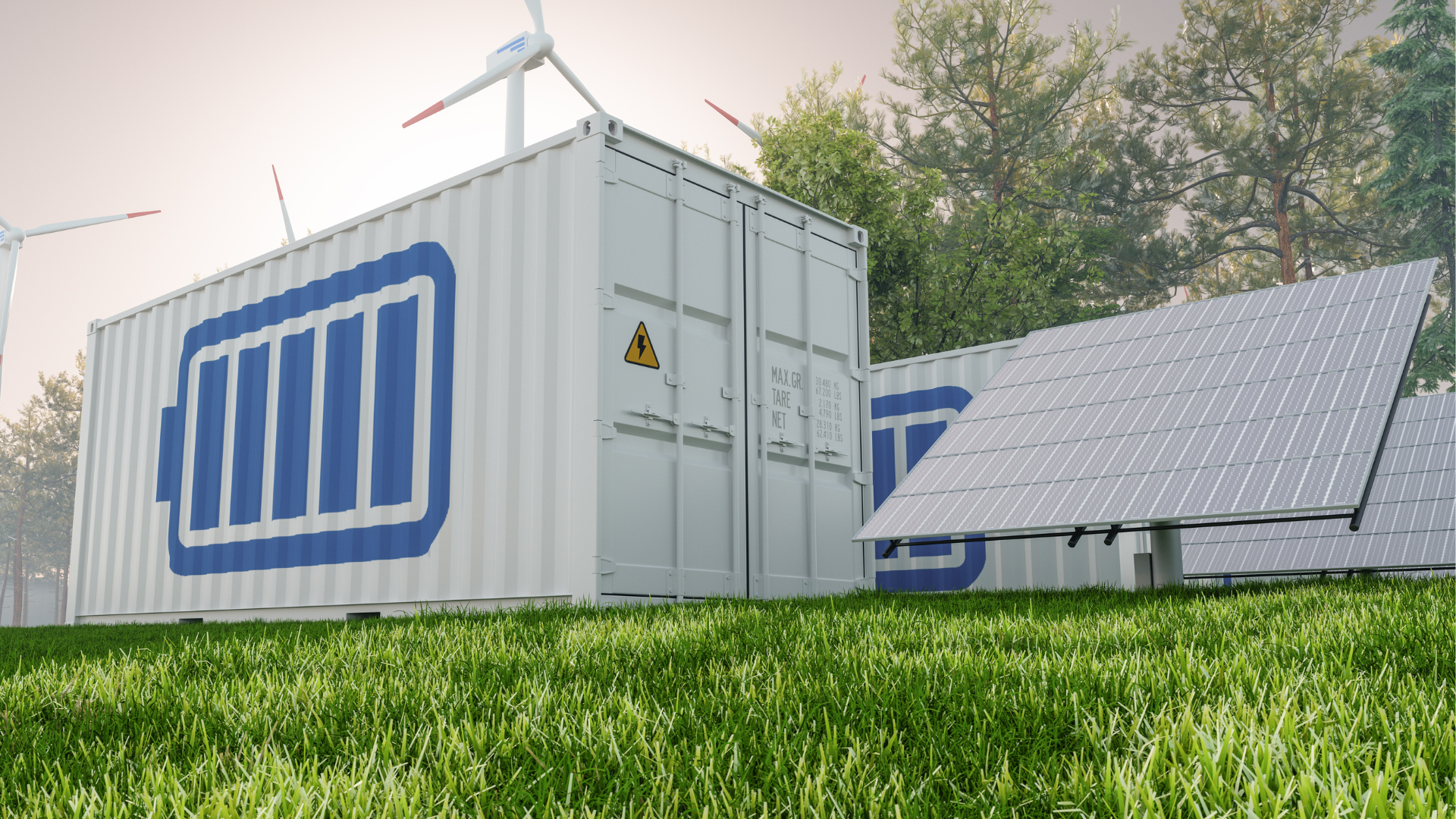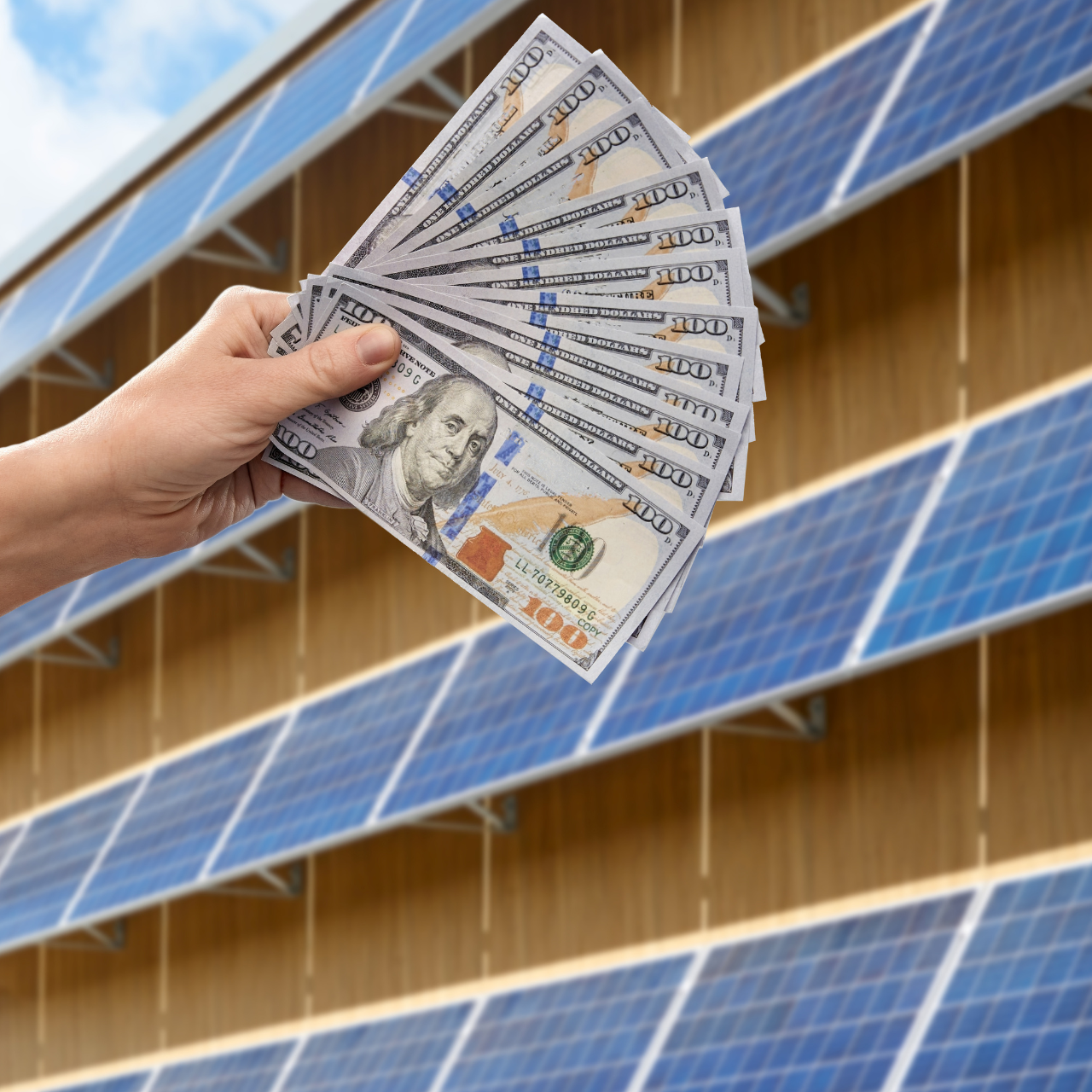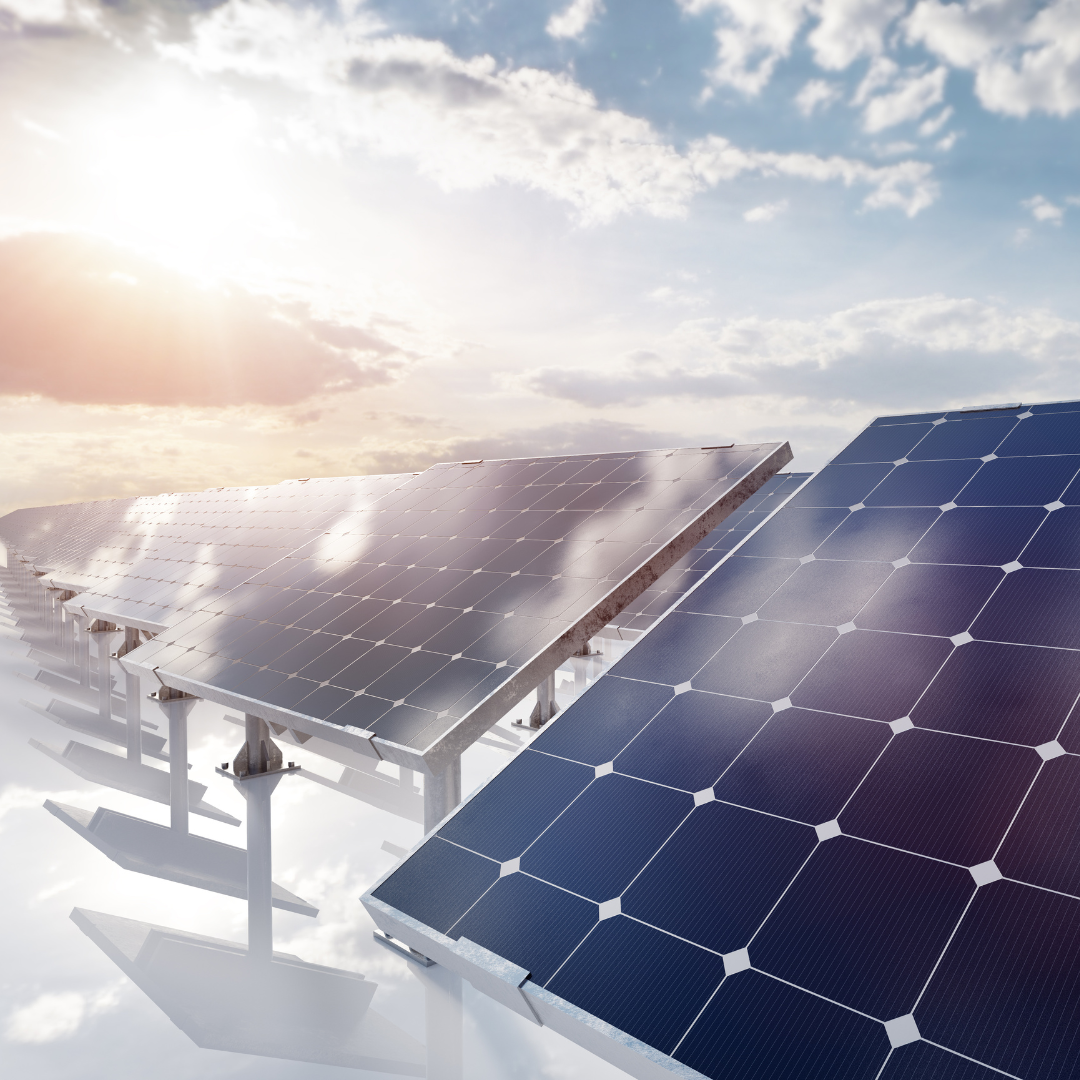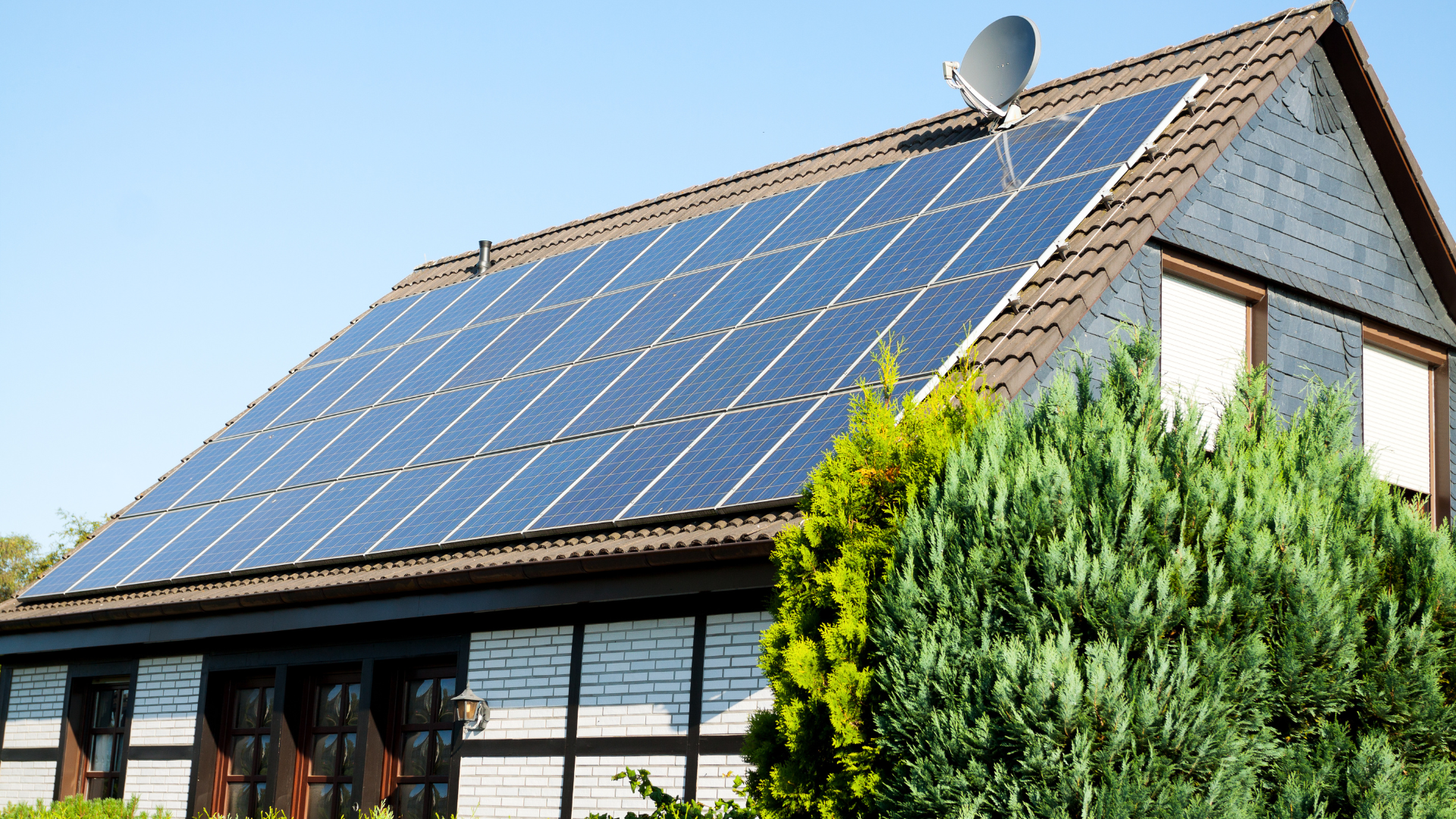Heating Your Off-Grid Home
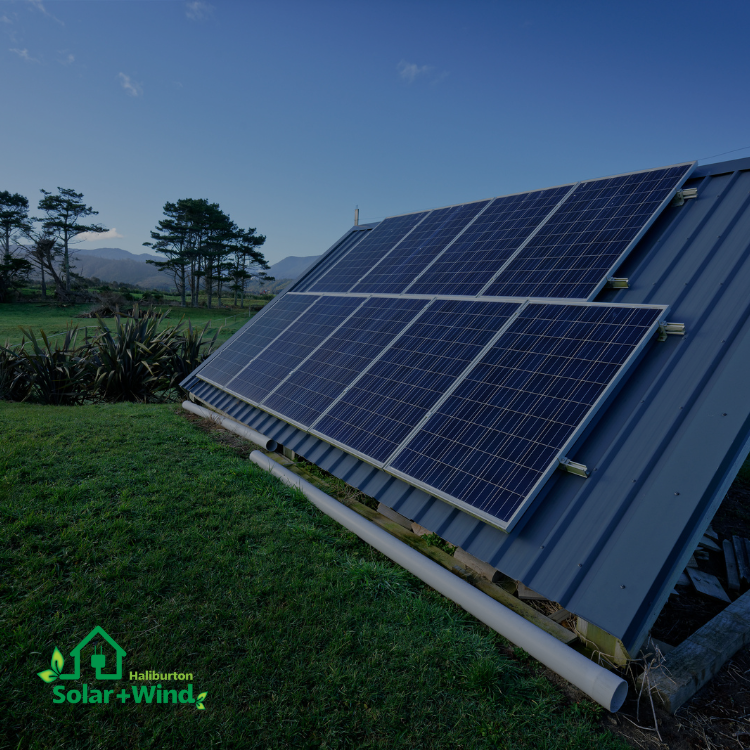
Baby it’s cold outside! It might not officially be Winter yet, but in Ontario, the snow and freezing temps don’t wait for December 21 to roll around. Heating your home or cabin during the Winter can be one of your greatest expenses. Wouldn’t it be nice not to fear your HydroOne bill after a particularly cold month? Even with shorter days and fewer sun hours, it is possible to heat your home with solar, wind, and hydro power, and run your other appliances, throughout the winter! When you gain energy independence, you’re no longer at the mercy of the grid. Blackouts and outages will be a thing of the past.
Energy from your solar array can power any electric heating system. When you’re living off-grid, you can accommodate all of the same heating methods as if your home was tied to it. You will, however, want to consider which kind uses the least energy in order to make the most of your power system.
Space heating accounts for 62% of energy usage, with water heating close behind at 19%. Here’s how the rest of your energy use breaks down:
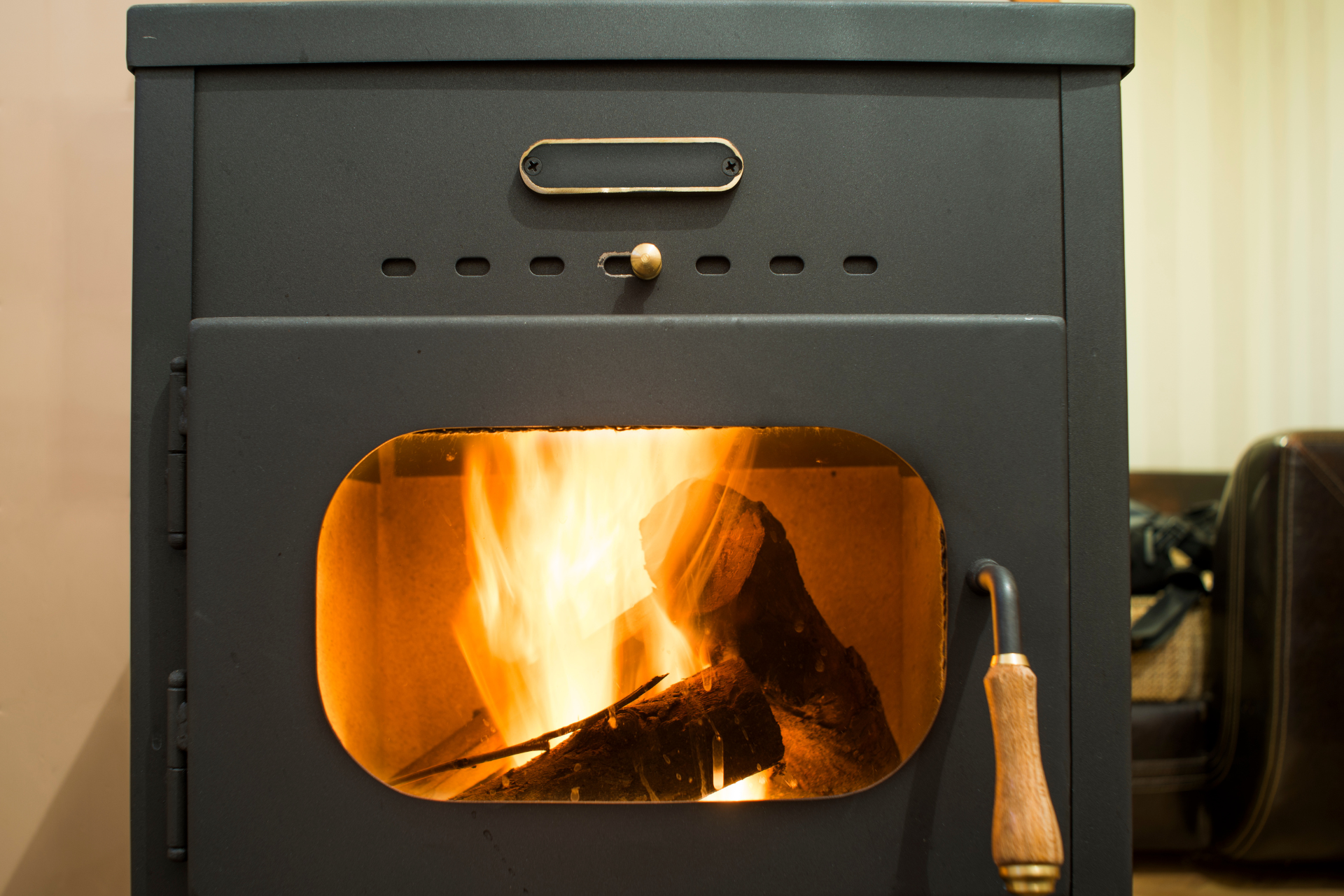
The best way to heat your off-grid home
We already know that you can heat your off-grid home with any method you choose, so what’s the best way to heat your off-grid home? A wood-burning stove is the most energy efficient heating system.
Here’s how we rate heating methods from most to least energy efficient:
- Wood-burning stove
- Direct vent propane wall heaters
- In-floor heating (using oil, natural gas or propane; wood, or wood pellets)
- Forced air furnace (electric, oil, natural gas or propane)
- Geothermal heat
- Baseboard heaters
While they will all heat the same when it comes to room coverage, minimum building temperature requirement and efficiency, they all have different impacts on an off grid power system.
Solar-powered energy storage
We get some pretty extreme weather events out here in Ontario, and in a world facing the fallout of climate change, we can expect these events to become more frequent.
Power loss due to wind or snow isn’t the only reason interest in solar-powered energy storage is on the rise. The tumultuous political landscape, threat of nuclear war, environmental catastrophe, terrorism and cyber attacks on grid infrastructure are just a few of the other reasons why homeowners are considering going solar and planning for the future.
Even with shorter days, you can bank energy gathered during daylight hours for use long after the sun goes down. While solar panels cannot produce energy during cloudy periods or at night, rechargeable batteries can store electricity. Solar photovoltaic (PV) panels will charge up batteries during the day, which can then be drawn upon for use in the evening.
When you choose a solar-powered energy storage solution, you’re pursuing a solution that offers a dependable, reliable, practical, and expense free off grid system.
Take note: Any renewable energy battery based on an off-grid power system requires a generator to provide backup charging to the batteries in the event of a long period of no sun or wind. The generator will only run for very short periods to charge following which the batteries take over and when the sun or wind picks back up the generator of course will not be required.
Over the last decade, the cost of installing solar PV systems has declined, making it more accessible than ever for homeowners and contractors to prepare for whatever the future has in store. Make energy independence your New Year’s resolution for 2019!
Ready to go off-grid? Contact Haliburton Solar and Wind today. Please note that our offices will be closed from December 17-January 3.
Hours & Address
Monday --- 9:00 AM–4:30 PM
Tuesday --- 9:00 AM–4:30 PM
Wednesday --- 9:00 AM–4:30 PM
Thursday --- 9:00 AM–4:30 PM
Friday --- 9:00 AM–4:30 PM
Saturday --- by appointment only
Sunday --- by appointment only
12667 Highway 35, Unit 2,
P.O. Box 514,
Minden ON K0M 2K0
Navigation Links
Copyright © 2024 Haliburton Solar and Wind - All Rights Reserved.
